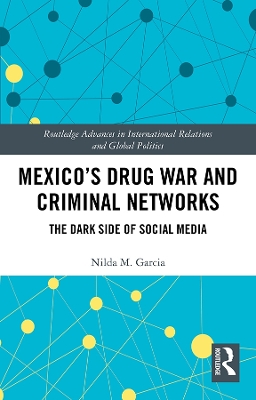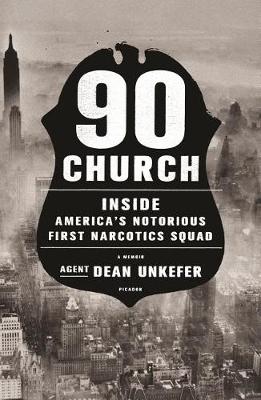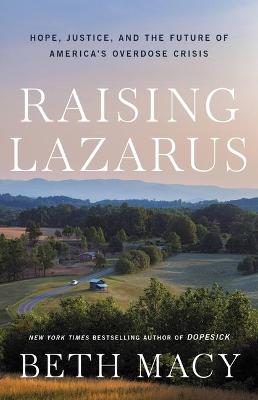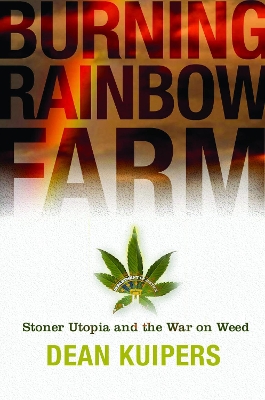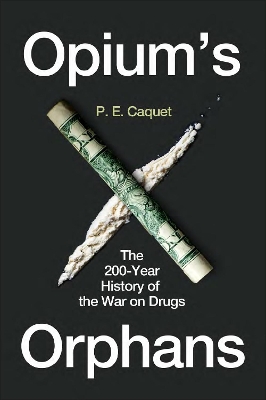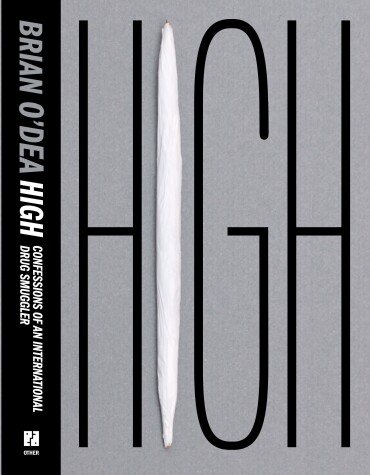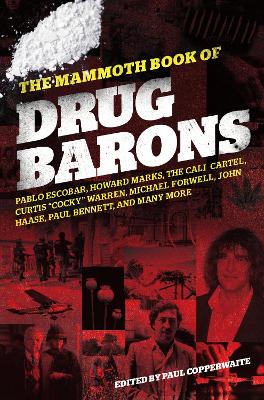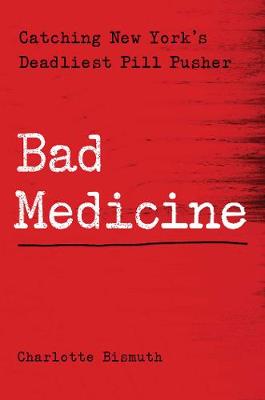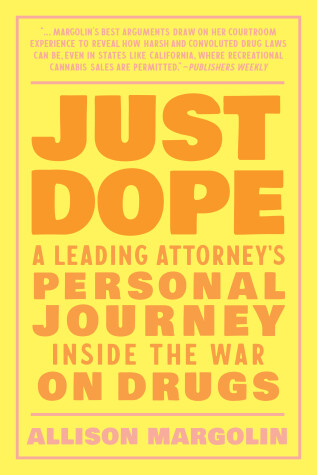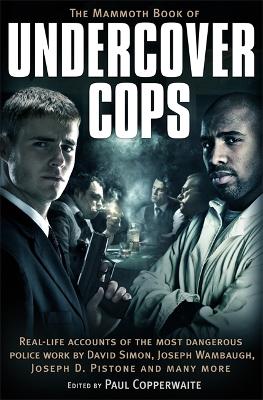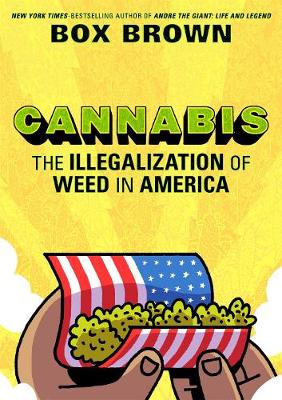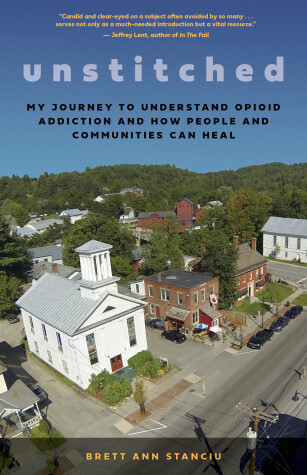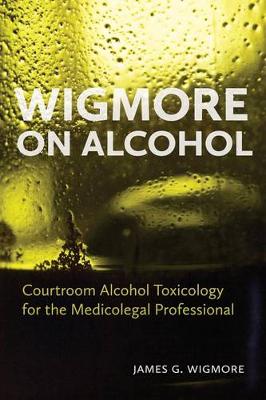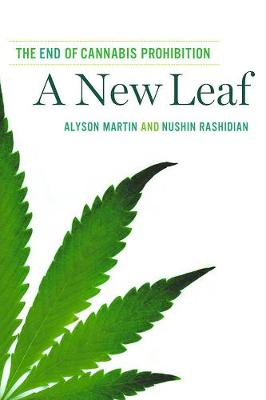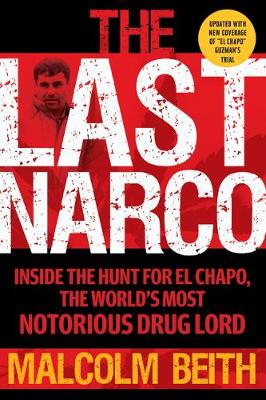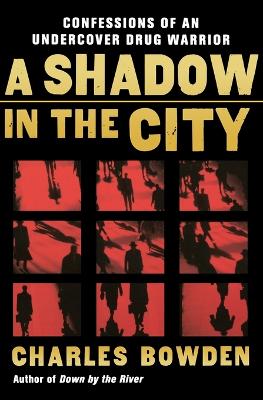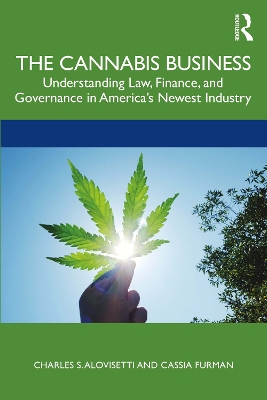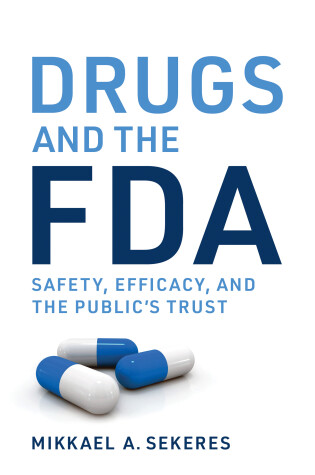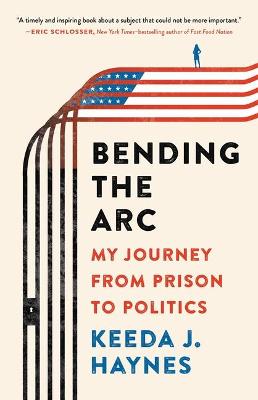Mexico's Drug War and Criminal Networks examines the effects of technology on three criminal organizations: the Sinaloa cartel, the Zetas, and the Caballeros Templarios. Using social network analysis, and analyzing the use of web platforms Facebook, Twitter, and YouTube, Nilda M. Garcia provides fresh insights on the organizational network, the central nodes, and the channels through which information flows in these three criminal organizations. In doing so, she demonstrates that some drug cart...
The Cannabis Social Club (Drugs, Crime and Society)
As cannabis legalization reforms are underway, there is some concern that non-profit, ‘middle ground’ options may remain under-researched and thus less visible. This book offers an in-depth account of one of the possible ‘middle ground’ models for the supply of cannabis: the Cannabis Social Club. Cannabis Social Clubs (CSCs) are typically formal, non-profit associations of adult cannabis users who produce and distribute that substance close to or at cost price among themselves. They constitute...
From 1950 through the late 1960s, America feared two great enemies: Communism and illegal drugs. While the espionage stories have been well publicised, the war against drugs was far more violent and has remained mostly secret. In New York City, the centre of organised crime and drug import, the offices of the newly formed Federal Bureau of Narcotics were based at 90 Church Street. While the FBI refused even to acknowledge organised crime, these agents stood alone against a well-organised Mafia a...
Opium's Orphans is the first full history of drug prohibition and the ‘war on drugs’. A no-holds-barred but balanced account, it shows that drug suppression was born of historical accident, not rational design. The war on drugs did not originate in Europe or the US, and even less with President Nixon, but in China. Two Opium Wars followed by Western attempts to atone for them gave birth to an anti-narcotics order that has come to span the globe. But has the war on drugs succeeded? As opioid deat...
In the early 1980s, Brian O’Dea was operating a $100 million a year, 120-man drug smuggling business, and had developed a terrifying cocaine addiction. Under increasing threat from the DEA in 1986 for importing seventy-five tons of marijuana into the United States, he quit the trade–and the drugs–and began working with recovering addicts in Santa Barbara. Despite his life change, the authorities caught up with him years later and O’Dea was arrested, tried, and sentenced to ten years at Terminal...
The rise - and fall - of the outlaw lords of the drug world, from the Cali Cartel, the richest, most powerful crime syndicate in history, to Britain's biggest drug baron, Curtis 'Cocky' Warren and the 'Essex Triple Murders'. From freewheeling cannabis operations to the lethal 'heaviness' of organized crime, the doings of the dealers, bouncers, bagmen and 'taxmen' - those crazy enough to extort money from drug dealers - of a ruthlessly violent underworld. Here you will find an account of the purs...
"Charlotte Bismuth gives us a bold and cinematic true crime story about her work at the intersection of medicine and greed. Bad Medicine is a gripping memoir that toggles deftly between the personal and prosecutorial." --Beth Macy, New York Times bestselling author of Dopesick "Bismuth has written a brilliant account of prosecuting a doctor who became a drug dealer in a white coat. She is haunted by the voices of the dead and listening closely to the voices of the living." --Nan Goldin, artist,...
For readers of Dopesick and In the Realm of Hungry Ghosts, a celebrated cannabis attorney's personal look at the War on Drugs and what comes next for the drug legalization movement Getting high is something most of us do, and in many cases do safely--yet drugs remain a singular public enemy. In a ranging blend of memoir, pop culture, policy critique, and social analysis, LA-based criminal defense attorney Allison Margolin explores why--and what we can do about it. Informed by Margolin’s experi...
The Mammoth Book of Undercover Cops (Mammoth Books)
by Paul Copperwaite
Edgy revelations and revealing first-hand accounts, including the inspirations for popular TV dramas as diverse as The Wire, The Sopranos and Life on Mars. Terrorists, criminal gangs, drug-dealing lawyers, solitary psychos and suspected serial killers all feature as the intended targets in these cops' tales. Using fake identities and complex back-stories, dependent on teamwork to keep one step away from exposure, torture and death, the subjects of this book describe in vivid detail what it is...
What if society looked at addiction without judgement? Unstitched shares the powerful story of one librarian’s quest to understand the impact of addiction fed by stigma and inevitable secrecy. The opioid epidemic has hit people in communities large and small and across all socio-economic classes. What should each of us know about it, and do about it? Unstitched moves readers from feelings of helplessness and blame into empathy, ultimately helping friends, family, and community members separ...
More than one million Americans now use cannabis in place of conventional pharmaceuticals. Yet the federal government refuses to acknowledge these broader societal shifts and continues with a 'raid and arrest' policy; 49.5% of all drug-related arrests involve the sale, manufacture or possession of cannabis. In the first book to explore the new landscape of cannabis in the United States, investigative journalists Alyson Martin and Nushin Rashidian present a deeply-researched and insightful story...
As the largely illicit cannabis market transitions to a legal, regulated industry, the "canna-curious" and experienced industry participants alike are experiencing the harsh truth: Making a fortune in the legal cannabis industry is a challenge made even more difficult by a complex patchwork of state and federal laws. The Cannabis Business clears the confusion around topics such as the distinction between hemp and cannabis and why it matters for consumers and regulators, why CBD isn't completel...
How the FDA was shaped by public health crises and patient advocacy, told against a background of the contentious hearings on the breast cancer drug Avastin. Food and Drug Administration approval for COVID-19 vaccines and the controversial Alzheimer’s drug Aduhelm made headlines, but few of us know much about how the agency does its work. Why is the FDA the ultimate US authority on a drug’s safety and efficacy? In Drugs and the FDA, Mikkael Sekeres—a leading oncologist and former chair of the F...

